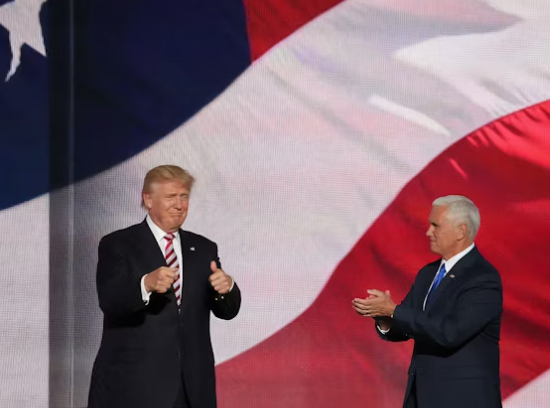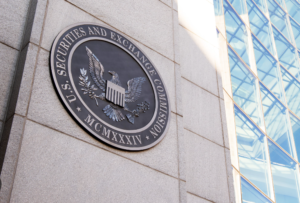$DXY $GLD $BTC
#Trump #GlobalTrade #Reelection #USChina #Tariffs #Economy #Markets #Investing #Stocks #Geopolitics #Jobs #TradeWars
Donald Trump, in a surprising turn of events, has once again secured victory in the U.S. presidential election, setting the stage for his return to the White House. One of the cornerstones of his policy platform, as expected, is global trade, particularly his aggressive stance on China. Trump has consistently claimed that imposing tariffs on Chinese goods is essential to protect American industries from being exploited and to bring jobs back to the U.S. This narrative, while it resonates with his voter base, may not lead to the desired economic outcomes. Economists like Harrison Griffiths argue that the application of such tariffs, instead of revitalizing the domestic job market, generally tends to dampen economic productivity and push up consumer prices. This sentiment reflects broader market concerns, as hikes in tariffs can suppress the availability of cheaper goods, strain supply chains, and hamper growth, leading to concerns across stock markets and industries worldwide.
A Trump win signals a high likelihood of continuity in his previous trade policies. The imposition of tariffs, especially on Chinese goods, and possibly on allies in regions like Europe, could re-ignite trade tensions. For investors, the uncertainty around U.S.-China relations may result in volatility for emerging markets and global stock indices. The currencies market, particularly the U.S. Dollar Index ($DXY), could see movements as global traders assess whether these tariffs will drive demand for the dollar as a safe haven. Commodities like gold ($GLD), traditionally a hedge against inflation and geopolitical turmoil, may also benefit from increased demand in times of heightened tension and uncertainty. This trend might hold particularly strong if trade wars lead to inflationary pressures. Meanwhile, in the cryptocurrency universe, Bitcoin ($BTC) has consistently been seen as a refuge during the economic turbulence, sparking interest among investors looking to diversify away from fiat currencies when trade relations falter.
What’s notable, too, is the long-term impact on the industries that Trump’s protectionist policies claim to safeguard, such as steel, aluminum, and other industrial sectors. Historically, many of these industries did not experience the boom that was anticipated during Trump’s first term. His win this time around raises questions over whether hard-hit industries can truly recover through tariff impositions, or whether the costs of isolationism, including retaliatory tariffs from U.S. trade partners, will outweigh the benefits. While protectionist measures might seem appealing to domestic manufacturers, they often lead to retaliatory actions, making it difficult to export American goods in competitive global markets. Leading market analysts are already contemplating the wider ripple effects across international supply chains, particularly in Asia and Europe, and how these industries might navigate the stormier seas ahead.
Ultimately, the global economy is interconnected. Tariffs may seem like an easy answer for protecting national interests, but the real-world effects of such global trade maneuvers usually lead to recalibration, renegotiation, and in some cases, damaging retaliations. Investors and market strategists will need to carefully consider their options moving forward, with particular attention to affected sectors and regions. The next few months will reveal whether Trump’s win will ignite another trade war or whether cooler heads can prevail in global negotiations. Regardless, the markets will be bracing for fluctuations, and many will keep a close eye on monetary policy responses, global inflation trends, and the continued development of alternative assets as hedges against protectionist instability.











Comments are closed.